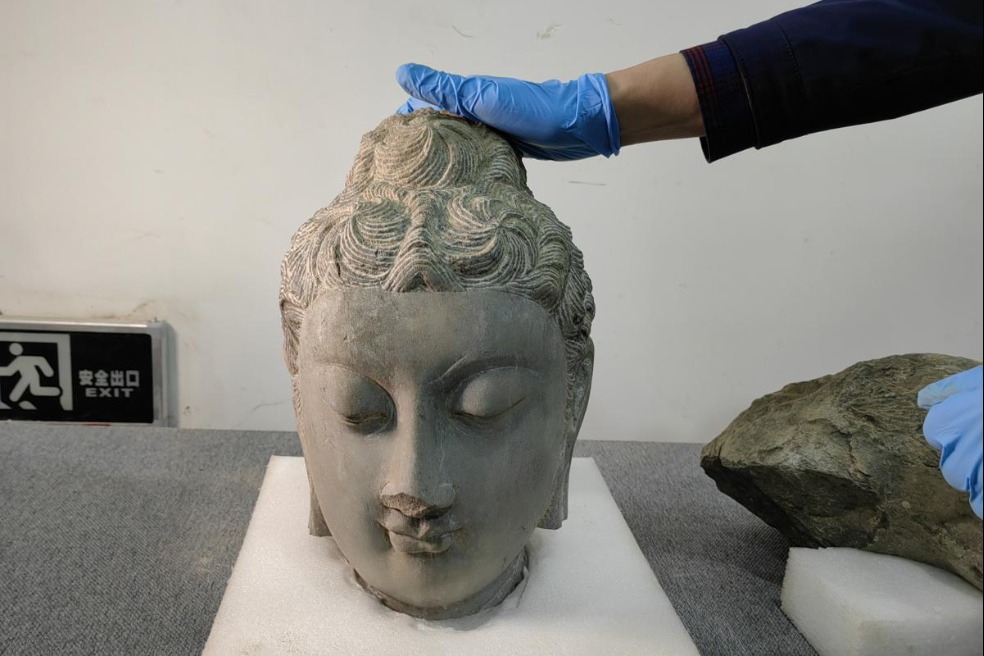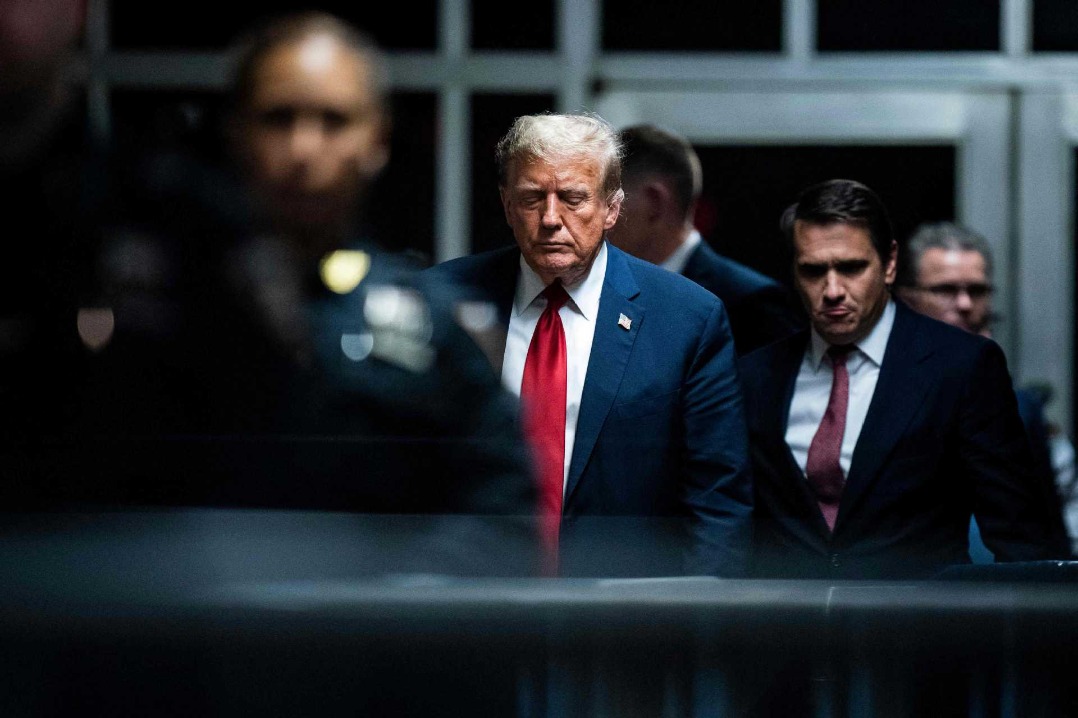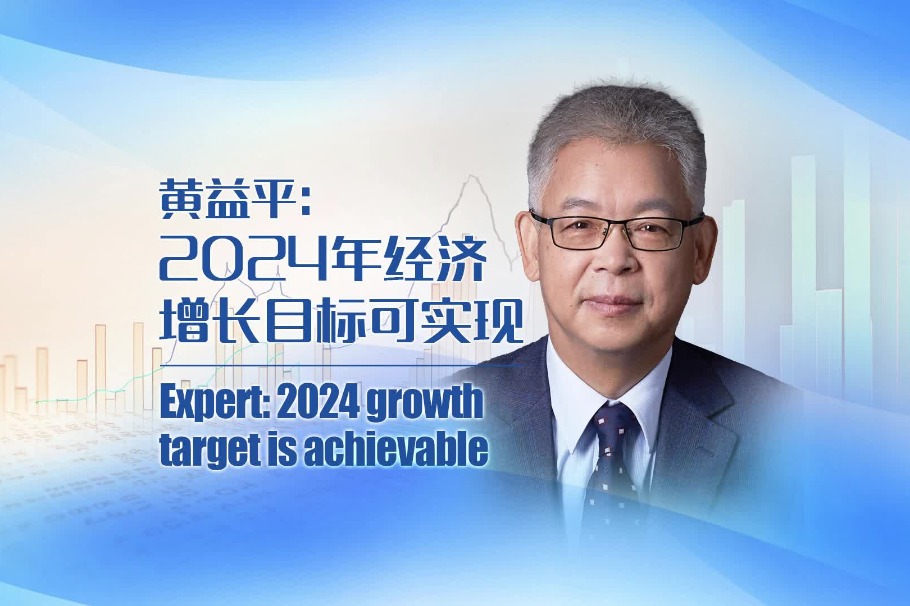Rudd decries 'decoupling' talk
By LIA ZHU in San Francisco | China Daily Global | Updated: 2019-11-08 23:36

Former Australian PM says suggestion that US, China go separate ways 'very dangerous'
Unrealistic talk of the US and China "decoupling" poses a real danger to bilateral relations, said former Australian prime minister Kevin Rudd.
There's too much loose talk about decoupling around the US, which is a "very dangerous and imprecise addition" to the language about the US-China relationship, said Rudd, president of the Asia Society Policy Institute at a talk hosted by the Asia Society Northern California on Thursday in Palo Alto, California.
He said the word first appeared in the context of the US-China relationship in May 2018, and then Steve Bannon, Donald Trump's former chief strategist, took it up as a way to describe "what should happen between China and the US" in August.
"Those seeking to unravel this relationship, be careful what you wish for in terms of known consequences and unintended consequences," he said. "If you keep chanting the mantra that these two countries and economies are decoupling, there's a grave danger that you start to create self-fulfilling prophecies."
Rudd said the facts do not add up to support the proposition that the two economies are in the process of comprehensive decoupling.
The past four decades, from 1979 when the two countries established diplomatic relationship to the present, have been a "remarkable period of engagement" between two countries, economies and societies, he said.
He recalled when he went to live in China in the early 1980s, there was no Chinese private sector and few Chinese students went abroad to study.
"When I see literally hundreds of Chinese students rolling around the universities in the United States or Australia, it's just kind of normal," said Rudd, adding that the same is happening in capital markets, investment markets and the trading of goods and services. "This pattern and density of engagement is now normal," he said.
However, he pointed out that the Trump administration's restriction on the easy flow of people between the US and China would be "the most disastrous decoupling of all".
"An easy barometer for me is to look at what's happened in terms of the rejection rate for the Chinese government's scholarship-sponsored students coming here to the states in the last two years — a 13 percent reduction this year, a 3 percent reduction the previous year," said Rudd.
It's the first time there's been year-on-year reduction since the sponsored students first started coming to the US decades ago, he said, while also expressing the concern that the overall international student caseload in American universities in the last 12 months has started to decline as well.
"My suggestion is it would be very bad for any country like the United States to start closing (the) door," said Rudd. "As soon as we start imposing onerous visa restrictions on students, researchers and think tankers, I think it's the thin edge of the wedge."
Despite the outstanding issues and after 19 months into the trade dispute, the two countries have made the strategic decision not to "jump into the ravine", realizing that "a full blown trade war with tariffs on everything was so mutually destructive that it should not be sustained", said Rudd.
"Against those who have been urging a more fundamental decoupling of the two economies, the two countries' leaders have decided to take this now in a different direction," he said.
To solve issues, the two sides need to get down to "an open table for dialogue and discussion" without prior assumptions, Rudd said.
"Consciously or subconsciously, there is often the American approach, which is either my way or the highway, that you want to do what I say or goodbye," said Rudd. "My counsel to my American friends would be: When you're dealing with a smaller country like Australia, or a large country like China, it is deeply important to exhibit not just courtesy and respect but an understanding of why other countries think the way they think without just assuming that they are wrong."
























